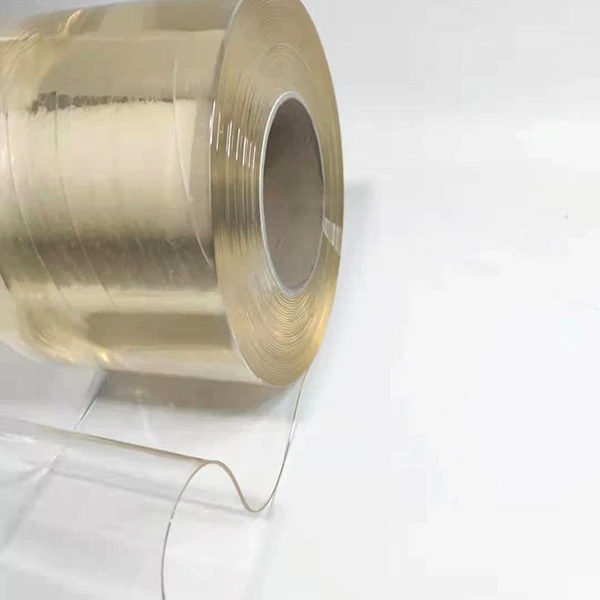- Afrikaans
- Albanian
- Amharic
- Arabic
- Armenian
- Azerbaijani
- Basque
- Belarusian
- Bengali
- Bosnian
- Bulgarian
- Catalan
- Cebuano
- Corsican
- Croatian
- Czech
- Danish
- Dutch
- English
- Esperanto
- Estonian
- Finnish
- French
- Frisian
- Galician
- Georgian
- German
- Greek
- Gujarati
- Haitian Creole
- hausa
- hawaiian
- Hebrew
- Hindi
- Miao
- Hungarian
- Icelandic
- igbo
- Indonesian
- irish
- Italian
- Japanese
- Javanese
- Kannada
- kazakh
- Khmer
- Rwandese
- Korean
- Kurdish
- Kyrgyz
- Lao
- Latin
- Latvian
- Lithuanian
- Luxembourgish
- Macedonian
- Malgashi
- Malay
- Malayalam
- Maltese
- Maori
- Marathi
- Mongolian
- Myanmar
- Nepali
- Norwegian
- Norwegian
- Occitan
- Pashto
- Persian
- Polish
- Portuguese
- Punjabi
- Romanian
- Russian
- Samoan
- Scottish Gaelic
- Serbian
- Sesotho
- Shona
- Sindhi
- Sinhala
- Slovak
- Slovenian
- Somali
- Spanish
- Sundanese
- Swahili
- Swedish
- Tagalog
- Tajik
- Tamil
- Tatar
- Telugu
- Thai
- Turkish
- Turkmen
- Ukrainian
- Urdu
- Uighur
- Uzbek
- Vietnamese
- Welsh
- Bantu
- Yiddish
- Yoruba
- Zulu
Versatile Uses and Benefits of Soft PVC Film in Various Applications
The Versatility and Applications of PVC Soft Film
PVC (Polyvinyl Chloride) soft film is a type of plastic material that has gained popularity in various industries due to its unique properties and versatility. Made from the polymerization of vinyl chloride monomer, PVC soft film is known for its flexibility, durability, and resistance to various environmental factors. This article will explore the characteristics, manufacturing processes, applications, and environmental considerations associated with PVC soft film.
Characteristics of PVC Soft Film
One of the most notable features of PVC soft film is its flexibility. Unlike rigid PVC, which is hard and inflexible, the soft variant can be easily bent, stretched, and manipulated to suit diverse applications. This flexibility is achieved by adding plasticizers, usually phthalates, which soften the polymer and enhance its usability.
In addition to flexibility, PVC soft film is also resistant to moisture, chemicals, and UV light. These properties make it an ideal material for products that will be used in harsh environments or exposed to various chemicals. The film can maintain its integrity and appearance even after prolonged exposure to sunlight and rain.
Another characteristic of PVC soft film is its excellent printability. This allows manufacturers to customize the film with vibrant colors and intricate designs, making it an attractive option for various consumer products.
Manufacturing Processes
The production of PVC soft film involves several steps, including polymerization, compounding, film extrusion, and finishing. The process begins with the polymerization of vinyl chloride monomer, which results in the formation of PVC resin. Once the resin is produced, plasticizers and other additives are mixed in to achieve the desired level of flexibility and performance.
The next step is film extrusion, where the blended material is heated and extruded through a die to form a continuous sheet of film. This film can then be cooled, stretched, and rolled into large rolls for distribution.
Finally, the finishing touches involve cutting, printing, and laminating the film as per the requirements of the end product. This ensures that the film meets industry standards and customer expectations.
Applications of PVC Soft Film
pvc soft film

Due to its versatile characteristics, PVC soft film finds application in a wide array of industries
1. Packaging Industry PVC soft film is commonly used for packaging various food products, medical supplies, and consumer goods. Its moisture resistance and durability help preserve the contents while providing an attractive display.
2. Medical Applications The medical industry utilizes PVC soft film for items like IV bags, tubing, and protective clothing. Its ability to be sterilized makes it a suitable choice for critical medical applications.
3. Construction and Building Materials In the construction sector, PVC soft film is often used as a vapor barrier and in roofing applications. Its weather-resistant properties protect buildings from moisture penetration.
4. Automotive Industry Car interiors, including seat covers, dashboard components, and door panels, often incorporate PVC soft film due to its aesthetic appeal and durability.
5. Decorative Products From banners to wallpapers, PVC soft film is widely used in decorative applications. Its printability allows for vibrant graphics and patterns that enhance the visual appeal.
Environmental Considerations
While PVC soft film offers numerous benefits, it also raises some environmental concerns. The production and disposal of PVC can lead to the release of harmful chemicals, including dioxins, which pose risks to human health and the environment. Consequently, there have been increasing calls for the development of more sustainable alternatives and recycling initiatives.
Some manufacturers are exploring bio-based plasticizers and recycling options to address these concerns. By investing in research and adopting more sustainable practices, the industry aims to reduce the ecological impact of PVC soft film.
Conclusion
PVC soft film is a versatile and widely used material that plays a crucial role in numerous industries. Its unique properties, such as flexibility, durability, and resistance to environmental factors, make it an attractive choice for various applications. However, as awareness of environmental issues grows, the industry must continue to innovate and seek sustainable alternatives to ensure that it can provide both functionality and ecological responsibility. With ongoing research and development, the future of PVC soft film looks promising, balancing practicality with environmental consciousness.
-
Industrial Plastic Curtains for Efficient Temperature Control Durable Strip Doors for Butchers & RefrigeratorsNewsJul.07,2025
-
High-Quality PVC Door Curtain – Magnetic & Transparent Options for Efficient SeparationNewsJul.07,2025
-
High-Quality 냉장실용 커튼 for Efficient Cooling Durable PVC Coated Wire Mesh RollosNewsJul.06,2025
-
Antistatic PVC Strip Curtains – Superior Static Protection & Easy InstallationNewsJul.06,2025
-
Clear Freezer Curtains - Durable Vinyl & Plastic Curtains for Cold Storage SolutionsNewsJul.06,2025
-
Transparent PVC-Folie – Flexible & Durable Clear Plastic Sheets for Versatile UseNewsJul.05,2025



